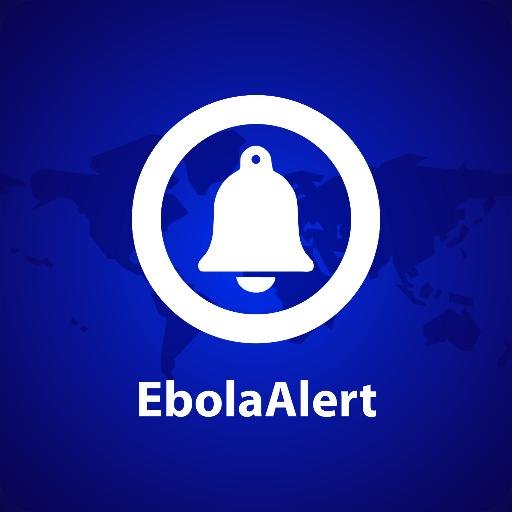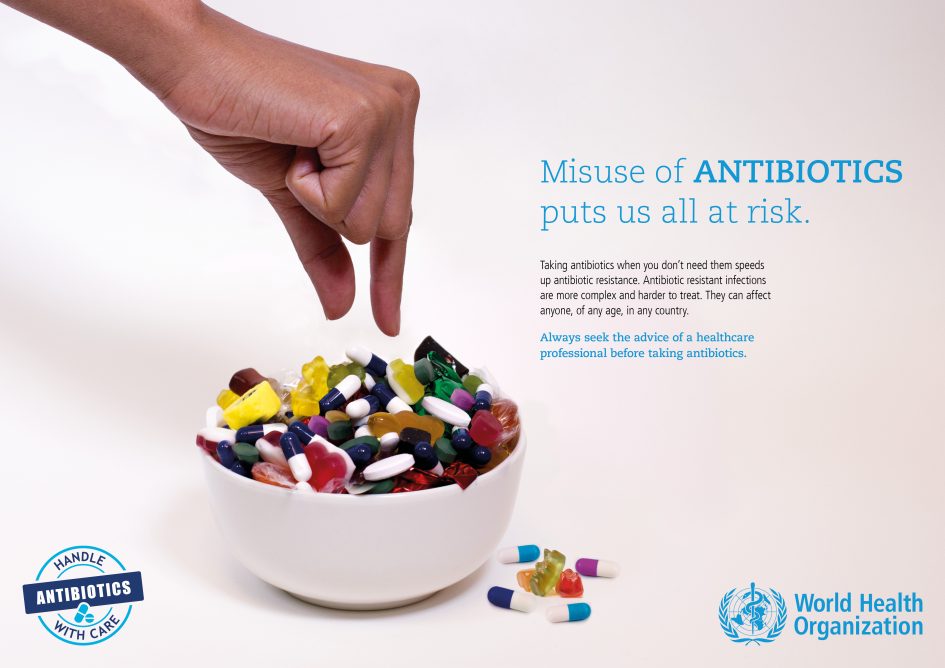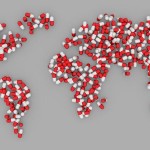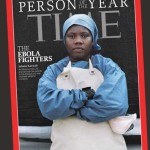Warning: Illegal string offset 'source_type' in /home/mychutej/public_html/blog/wp-content/plugins/egany-facebook-to-wp/egany_facebook_to_wordpress.php on line 1099
Everyone needs information and education on medicines and appropriate health-seeking strategies.
Intervals in human history have been marked by the pattern of individual self-care in the family and local community. Treatment of diseases involved self-treatment with locally-produced preparations of generally uncertain efficacy. People took responsibility for their own health, and that of their families, as self-sufficiency was obligatory and virtually universal.
Daily, and across borders, people the world over, act on their own for their health and practice self-care. In some instances, they do so through self-medication, which is now progressively considered a key component of self-care.
Self-medication is defined as the use of medication by a patient on his own initiative or on the advice of a pharmacist or a layperson, instead of consulting a medical practitioner.
Described by the World Health Organisation as the broader term for resistance in different types of microorganisms and encompasses resistance to antibacterial, antiviral, antiparasitic and antifungal drugs; antimicrobial resistance is a rising issue of global importance. It is a global peril.
Link: The AlertClinic Disease Control Technology
Inadequate awareness of safe and judicious antibiotic use is coupled with frequent self-administration, for instance, in Nigeria. This recurrent pattern of self-medication poses a potential risk in terms of antimicrobial resistance. Developing countries, particularly in Sub-Saharan Africa are facing an elevated burden of antibiotic self-medication as compared to developed ones.
New resistance mechanisms are emerging and spreading globally, threatening our ability to treat common infectious diseases, resulting in prolonged illness, disability, and death. Economy and travel have in typical ways made the world smaller than ever before. Microorganisms, particularly bacteria, are evolving at a rate not commensurate with the pace of research for new, efficacious antimicrobial medications. Without effective antibiotics for the prevention and treatment of infections, simple and major medical procedures, such as organ transplants and caesarean sections become unduly high risk.
Antimicrobial resistance increases the financial burden of healthcare, particularly in health systems where out-of-pocket payments predominate, like Nigeria. Failed treatment regimens for infectious diseases, caused by antimicrobial resistance, lead to lengthier hospital stays and more specialized, and expensive care.
Everyone needs information and education on medicines and appropriate health-seeking strategies. Even when patients utilize orthodox healthcare channels, their decision-making and not that of the healthcare provider, is largest determinant of antimicrobial usage patterns.
The emphasis for this year’s Antibiotic Awareness Week, a campaign by the WHO, is learning to handle antibiotics with care. The message is clear- preventive measures such as regular hand washing, preparing food hygienically and keeping vaccinations up to date are safer options than the injudicious use of antibiotics.
Ask yourself this-what is the cost of this unprescribed pill?













Leave a Reply